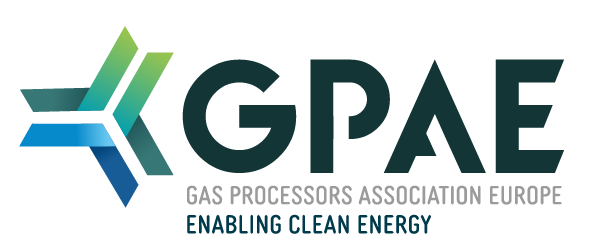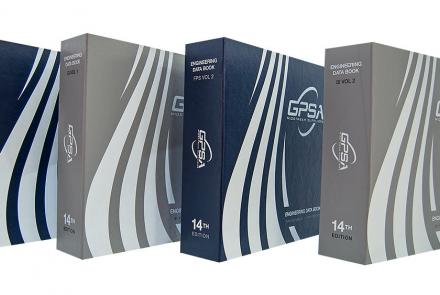Order your copy of the The GPSA Engineering Databook. The 14th edition is almost 1,000 pages of technical information and is the worldwide authoritative resource for technical and design information.
Mercury Removal Unit - Process, Operation and Bed Replacement Experience
Omar M. Baageel, Saudi ARAMCO
Mercury is present in most produced natural gas streams. The presence of mercury in natural gas can have catastrophic effects on gas plants. At levels higher than 10ng/Nm3, corrosion damage to aluminum heat exchangers can occur due to mercury amalgamating with the aluminum, causing embrittlement, reducing mechanical strength and resulting in unexpected failure and gas leakage. The mercury also attacks low temperature components of liquefied natural gas refineries, poisons catalysts and causes reduction in the quality of refined products.
Mercury and mercury compounds are also extremely toxic. They may enter the body by inhalation, ingestion or penetration through the skin. Mercury can damage lungs, central nervous system and kidneys. It may accumulate to such elevated levels that it adversely affects workers and environment, particularly when pipelines and equipment are opened for maintenance and/or cleaning. Mercury is found in vapor and liquid forms in condensate transport pipelines and process equipment and also mixed with sludge.
This paper discusses Berri Gas Plant Mercury Removal Units’ performance, bed replacement, commissioning and operating experience.



